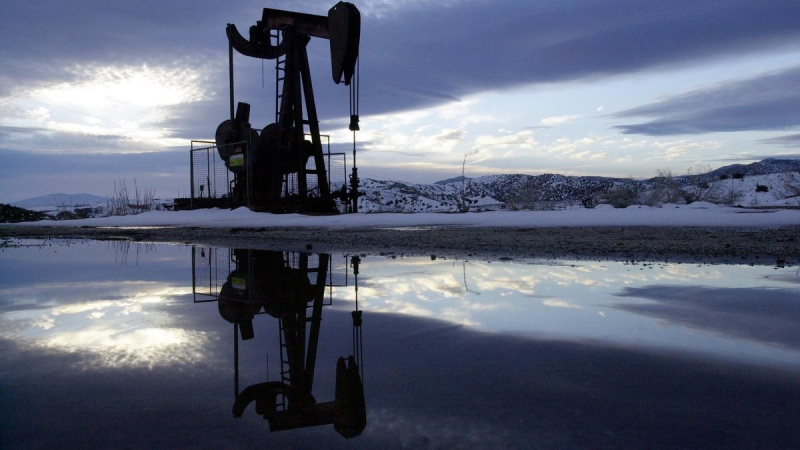
Russia was hurt very much/Getty Images
There are three important restrictions in the sixth EU sanctions package against Russia: crude oil, except for that supplied by pipelines (from December 5, 2022), petroleum products (from February 5, 2023) and maritime transport of oil and petroleum products (from December 5, 2022).
Is it significant?
Substantial. About 75% of the volume of Russian crude oil that the EU buys will be banned as early as early December. If Germany and Poland intend to voluntarily join the pipeline oil embargo, more than 90% of the volumes will be banned.
Oil is the largest export item and the largest source of income for the Russian budget.
Together with the already existing embargo from the US and the UK, the Russians will lose almost 2/3 of their oil export market .
Trying to fit this volume into the other 1/3 will be a difficult task that will require heavy logistics costs and additional discounts to keep the nose down.
The ban on sea transportation of Russian oil by European companies and the expected ban on insurance for such transportation will further complicate this task (it is impossible to enter major ports without insurance, and very difficult without British or European insurance).




Blow below the belt
Let us recall here that about 30-40% of Russian budget revenues come from three oil and gas taxes. Of these, 80% is oil, 20% is gas. Their budget is laid out like this: “oil and gas” and “non-oil and gas revenues.” And then there is a part of the corporate taxes of oil and gas companies, which are included in “non-oil and gas revenues”.
The impact on the budget will be very significant, but delayed. In general, due to high oil and gas prices, Russians will have one of the most profitable years. The food lines that once destroyed the USSR are still a long way off.
The good news is that the European market is indeed closing for Russian oil. This transition requires certain investments, and returning back is additional trouble. Moreover, they will most likely be replaced by long-term contracts with other suppliers.
The bully is tied up and taken out of the room. Not as fast as we would like, not through the window, but he won't be back soon.
Replacing Russian oil and oil products in the EU is a relatively simpler story than with gas. Only in 5 countries Russian oil or oil products account for more than half of supplies. At the same time, three of them (Finland, Lithuania and Poland) supported the embargo, including for themselves. Lithuania refused Russian oil. There is one more reason to thank.
Countries that have received and plan to use exemptions – Hungary, Slovakia, Czech Republic, Bulgaria, Croatia – are responsible for a small part of the total volumes. They can receive oil and/or oil products only for their own needs, resale to third countries is prohibited.
reasons”.
A new goal
The next battle will be to free the European market from dependence on Russian gas.
Here the situation is more complex, solutions should be more complex. It is interesting that many Eastern European countries have already created alternative routes and sources of gas supply for themselves.
Germany, Austria, Slovakia and Hungary remain the most dependent.
But in 2014-2015 we chose from many more complex dependency. Where there is desire, there are opportunities.

